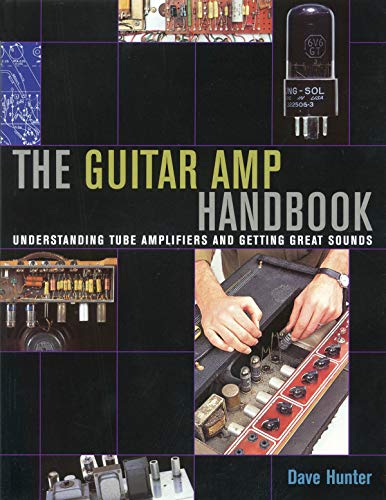I think that salvaging old parts has great merit.
- you save energy, money, materials
- you learn how things are constructed
- you learn how things fail
- you may learn a better way to build something
- you are far more likely to have an old part to salvage, than a new one to replace it with
- all parts will be obsolete someday, and you may have discovered a good way to salvage them before they become so. Why wait until it's critical before learning?
- it's so much more interesting than just swapping parts
Don't get me wrong... I'm not the kind of guy who loves everything old! And, if you need it working 99% for certain, and right now so that you can make a living with your gear, then maybe it's best to go with a quality new part. The thing is, quality old parts are usually not beyond salvaging, and are just a little neglected.
Once you can discern the difference between an ugly part and a worthless part, you will be less likely to fall for snake oil salesmen who are dazzling you with the shiny and fashionable, and/or proprietary 'science' pitches.
I'm thinking of nasty old XLR connectors, which can be cleaned up to be functional like new, while still having the appearance of vile old crap. You can make them pretty and functional, but you don't need to. What counts is knowing when they have the correct functional properties, and with enough experience, you won't have to do testing to determine that, you will just know what works.
I say experiment!
Some tools/methods to consider playing with:
- an ultrasonic cleaner
- various solvents, soaps, oxide removers, polishes etc. Don't be afraid to do experiments on a hunch.
- abrasives of all sorts (proceed with caution on precious parts)
- plating processes
- adhesives
- various diy molding and part making materials (I'm thinking plastics here)
Most connectors can be worked on with little risk of doing harm. Pots, however, can be tricky. I've had plenty of old pots get their resistance tracks washed right off when exercising them after dousing with DeoxIt. I use more caution if I can't spare the pot, but if I can then I just view it as speeding up what was going to be anyway. If it survives then I think the bonding is probably exceptionally good, if not, then good riddance. Switches: clean, grease, oil; if they were specified correctly to begin with, then they are probably just fine with that. It may take some time to work out how to achieve just the right feel on some parts, as far as lubrication is concerned. Some (dis)assembly required











![Soldering Iron Kit, 120W LED Digital Advanced Solder Iron Soldering Gun kit, 110V Welding Tools, Smart Temperature Control [356℉-932℉], Extra 5pcs Tips, Auto Sleep, Temp Calibration, Orange](https://m.media-amazon.com/images/I/51sFKu9SdeL._SL500_.jpg)























